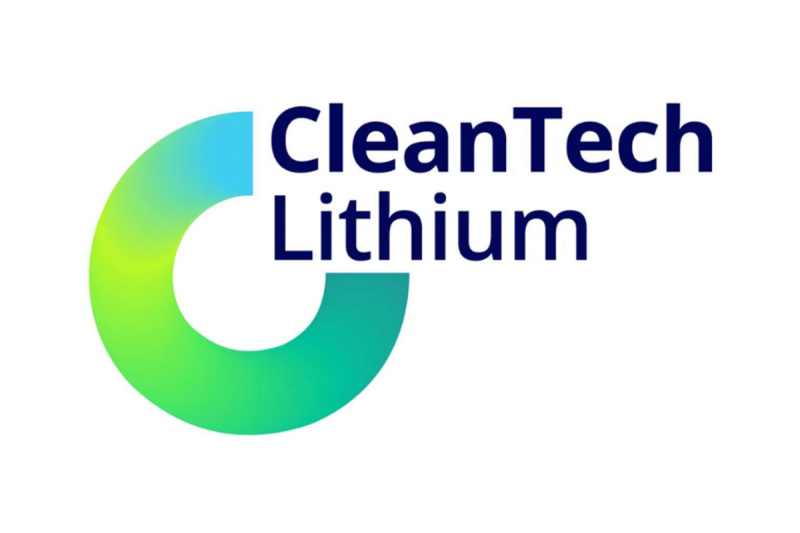As nations globally strive to reduce their carbon footprint, increasing attention is turning towards industries with significant CO2 emissions. One such industry is the metallurgical and materials processing sector, where innovation in technology can make a considerable difference in lowering the carbon footprint. A prime example of such an approach is the trial of low-cost technology at the DLE (Direct Lithium Extraction) pilot plant conversion stage, which aims to lower energy use significantly and consequently reduce CO2 emissions.
The DLE pilot plant conversion stage is the juncture where raw lithium brine is converted into commercial-grade lithium products. Unfortunately, this specific process stage is typically resource-intensive and leads to heavy CO2 emissions. This scenario makes it a fitting hub for the introduction and testing of low-cost technology aiming to minimize energy use and shrink related CO2 emissions.
Investing in the innovative application of existing technology or introducing novice technology for the conversion stage is the first step. In essence, this revolves around an energy-efficient lithium extraction method that holds ground even when contrasted against the more conventional methods. Such technology rests on the pillars of sustainability, efficiency, and cost-effectiveness.
One example of low-cost, energy-saving technology is the use of nano-filtration membranes. These membranes allow for the precise separation of lithium from other elements present in the brine. Notably, nano-filtration necessitates less energy compared to traditional lithium extraction processes like solar evaporation. The reduction in energy consumption translates straight into significant reductions in CO2 emissions.
Another low-cost technology under trial is the ‘Adsorption’ method, where lithium ions are selectively extracted from the brine using a specific adsorbent. This extraction process is more environmentally friendly and efficient compared to conventional techniques and less energy-intensive, leading to the reduction of CO2 emissions.
Additionally, the employment of artificial intelligence (AI) and data analytics in managing and monitoring the operations of the DLE pilot plant could also contribute to energy savings and the consequent decrease in CO2 emissions. Through the use of AI, resource usage in the conversion stage can be optimized, ensuring that energy is only used when and where it’s required, thus eliminating wastage.
The use of AI can even be extended to predictive maintenance to foresee potential malfunctioning equipment that might lead to unnecessary energy consumption. By tackling such issues before they emerge, the DLE pilot plant ensures it remains energy efficient, leading to a reduction in CO2 emissions.
Overall, the trial of low-cost technology in the DLE pilot plant conversion stage symbolizes a vital shift in the industrial sector towards sustainability. By inciting substantial reductions in energy usage and CO2 emissions, this move sets a laudable example for other industrial sectors to follow. The success of these trials would not only amplify the deployment of such low-cost technology across similar plants worldwide but also signal a telling move towards an environmentally conscious, sustainable future.




